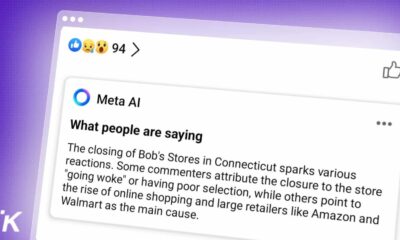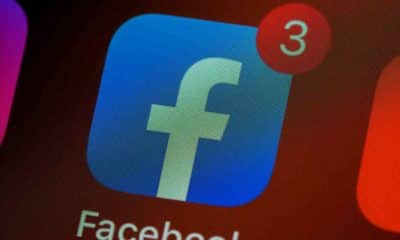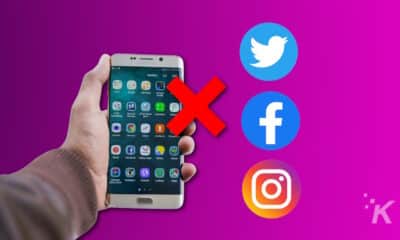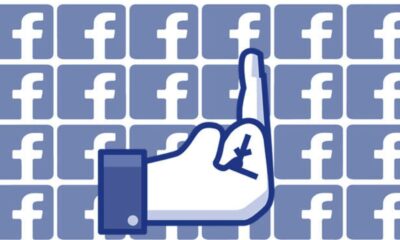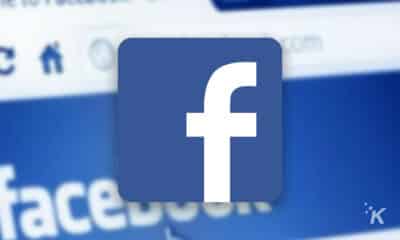Somehow, Facebook both collects, and doesn’t collect, data from non-users
Facebook is using tricky wordplay to describe how they simultaneously collect, and don’t collect, info from non-users.
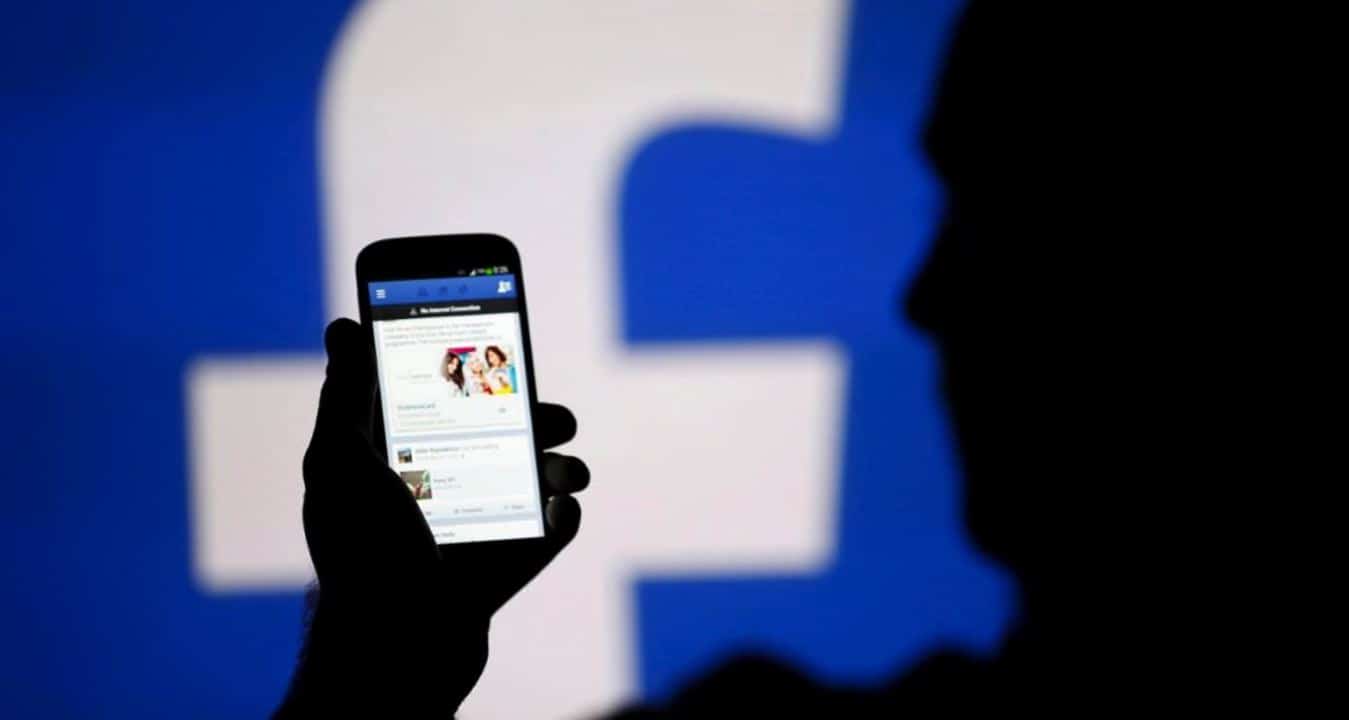
Just a heads up, if you buy something through our links, we may get a small share of the sale. It’s one of the ways we keep the lights on here. Click here for more.
In two newly released documents, Facebooks admits to collecting data from non-Facebook users.
Nearly two months after CEO Mark Zuckerberg visited the U.S. Congress to explain his company’s position on the Cambridge Analytica controversy, Facebook has formally answered questions from members of both the Senate Judiciary Committee and the Senate Committee on Commerce, Science, and Transportation. The answers came in two separate PDF documents now available to the public, according to Mashable.
Both the 225-page PDF and separate 229-page PDF address questions Zuckerberg received during his April visit to Capitol Hill which he couldn’t answer. These involve a range of topics, including possible Russian meddling in the 2016 U.S. presidential election to whether or not Facebook is a media company.
To Mashable, Facebook’s responses on two topics stood out, namely, that of the data Facebook collects on non-users and its possible monopoly status.
On the first point, Facebook explained,
We do not create profiles for non-Facebook users nor do we use browser and app logs for non-Facebook users to show targeted ads from our advertisers to them or otherwise seek to personalize the content they see.
To Mashable, this is rightly hogwash, noting that the company admitted in another answer to collecting data from non-users. In the documents, Facebook explains,
When people visit apps or websites that feature our technologies—like the Facebook Like or Comment button—our servers automatically log (i) standard browser or app records of the fact that a particular device or user visited the website or app (this connection to Facebook’s servers occurs automatically when a person visits a website or app that contains our technologies, such as a Like button, and is an inherent function of Internet design); and (ii) any additional information the publisher of the app or website chooses to share with Facebook about the person’s activities on that site (such as the fact that a purchase was made on the site).
On whether it should be considered a monopoly, Facebook’s response remains vague, at best.
They explain, “in Silicon Valley and around the world, new social apps are emerging all the time.” The company then says it has lots of competition from companies like Snapchat, DailyMotion, and Pinterest.
As Mashable complains, “The fact that this is less than compelling is perhaps because, well, Facebook probably is a monopoly.”
Does anyone really think Facebook’s going to stop collecting data from users or otherwise? I’d say the answer to that is a firm no. What say you?
In other social news:
- Instagram might add hour-long video options as a way to justify your social media addiction
- Facebook doesn’t want “bad” companies advertising on their platform
- Snapchat released a Lens that not only responds to visuals, but audio, as well
















